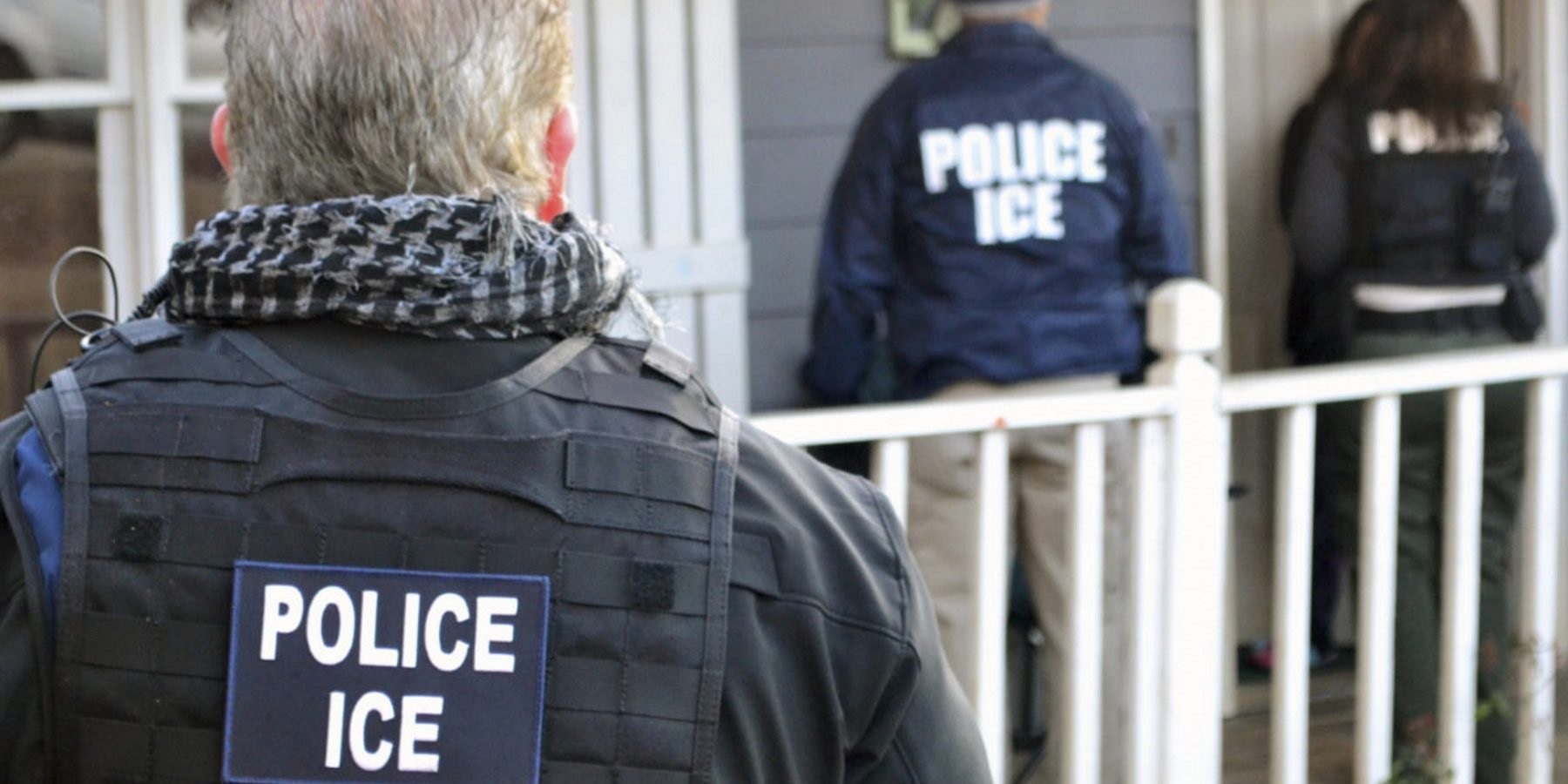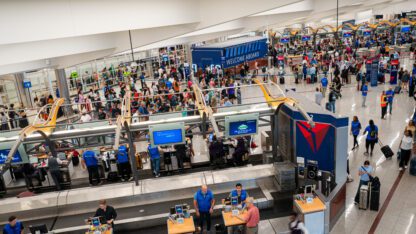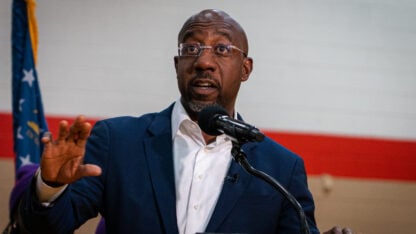Cobb and Gwinnett counties appear to have elected their first Black sheriffs. Immigrant advocates hope that with new Democratic leadership, a controversial program with U.S. Immigration and Customs Enforcement will end.
The 287(g) program allows local law enforcement to partner with ICE to find and report unauthorized immigrants.
Those in favor of the program say it keeps counties safe. Critics say it leads to racial profiling and some immigrants may feel unsafe about reporting crimes.
That includes Azadeh Shahshahani, legal and advocacy director of Project South. She says even though ICE will still be a presence, getting rid of the program can mitigate fear.
“In terms of the day-to-day of the fear of local police as immigrants are going about their lives, I think that’s going to diminish to some extent,” she says.
Both of the newly elected sheriffs — Craig Owens of Cobb and Keybo Taylor of Gwinnett — have said they wanted to eliminate 287(g).
Republican Neil Warren has been the Cobb sheriff for since 2004. The county was the first in Georgia to implement the 287(g) program in 2007.
Chief Deputy Lou Solis of Gwinnett had been handpicked by his predecessor, Butch Conway, to succeed him. Conway was elected sheriff in 1996. He announced this year that he would not run for reelection. About a quarter of Gwinnett’s population is foreign-born, according to census estimates.
“We will definitely demand that the new sheriffs end 287(g), and we’ll obviously make sure to hold them accountable,” says Shahshahani.
She says getting to this point where ending 287(g) is a possibility spans years.
“This is the result of a decadeslong organizing campaign.”
She credits a broad coalition that includes immigrant-rights activists, labor groups and women’s rights groups.
The program is in other counties in the state, including Whitfield and Hall counties.









